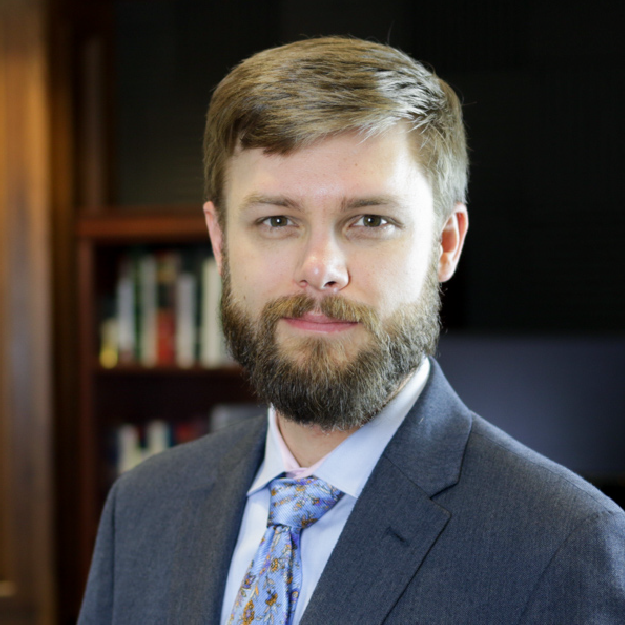The Electoral College was one of the least controversial provisions of the original Constitution. The state-by-state way we elect the President of the United States gives each state a number of Electoral Votes equal to the sum of their U.S. Representatives and Senators (and Washington, D.C., gets three). Nearly all states award all of their electoral votes to the candidate who receives the most votes in their state (Nebraska and Maine apportion some by congressional district). To win, a candidate must collect the majority of electoral votes (270 of 538), or else the election goes to the House of Representatives (which also has a majority requirement). The Electoral College makes presidential campaigns and elections primarily a state responsibility, part of the American constitutional system called federalism.
Federalism, and the Electoral College in particular, reflect the belief that stable institutions are essential for maintaining a political regime and preserving a free society. They are products of the understanding that freedom is never the result of simple legal or even constitutional commands. Freedom requires institutions that channel potentially dangerous political passions into constructive compromise and coalition building. The Electoral College system does this; the proposed "National Popular Vote" interstate compact does not.
National Popular Vote is a San Fransisco-based organization founded and funded by Dr. John Koza. It is also the name of Dr. Koza's proposal to use state legislation to create an agreement among states that would change how the Electoral College works. In short, states would agree to ignore the result within their state and instead give all of their electoral votes to the candidate winning the most votes nationwide. There is no majority requirement or provision for a runoff. The agreement takes effect when passed by enough states to control an electoral vote majority, and therefore to control the presidential election.
While Dr. Koza's proposal has been stymied now for over a year, it was previously enacted in five states: Hawaii, Illinois, Maryland, New Jersey, and Washington. Within the last month, it has made some progress in Delaware, Massachusetts, and New York. It is now dead for the year in Delaware, but it remains possible that either or both of the other two states could enact it.
National Popular Vote cleverly takes advantage of the Constitution's grant of authority to state legislatures to determine how to allocate their electoral votes. For over a century, Electoral College opponents focused on amending the Constitution. National Popular Vote is a clever strategy and, at least on its surface, elegantly simple.
Yet the benefits of the current Electoral College system have nothing to do with surface appeal. In fact, the debate over National Popular Vote exposes just how little most Americans (and many law professors and even politicians) understand the incentives created by the Electoral College that moderate and strengthen our political system.
The Electoral College forces presidential campaign strategists and national political parties to construct broad coalitions across much of the nation. The phenomena of "swing states" makes this clear: the candidates and their parties are currently so evenly matched that recent elections have worked their way down to a small number of states. Thankfully, and in part because of the workings of the Electoral College, neither the safe states nor the swing states represent anything like particular geographic regions or political interests. The states that make up each group ("safe" and "swing") have been continually shifting as the political parties strive to achieve the constitutional majority defined by the Electoral College.
The greatest historical example of the importance of the Electoral College is the election of 1888. National Popular Vote claims that Grover Cleveland's loss was a great injustice, yet it was a turning point--for the better--in American politics. Read more in our earlier post: What Grover Learned at (the) Electoral College.
